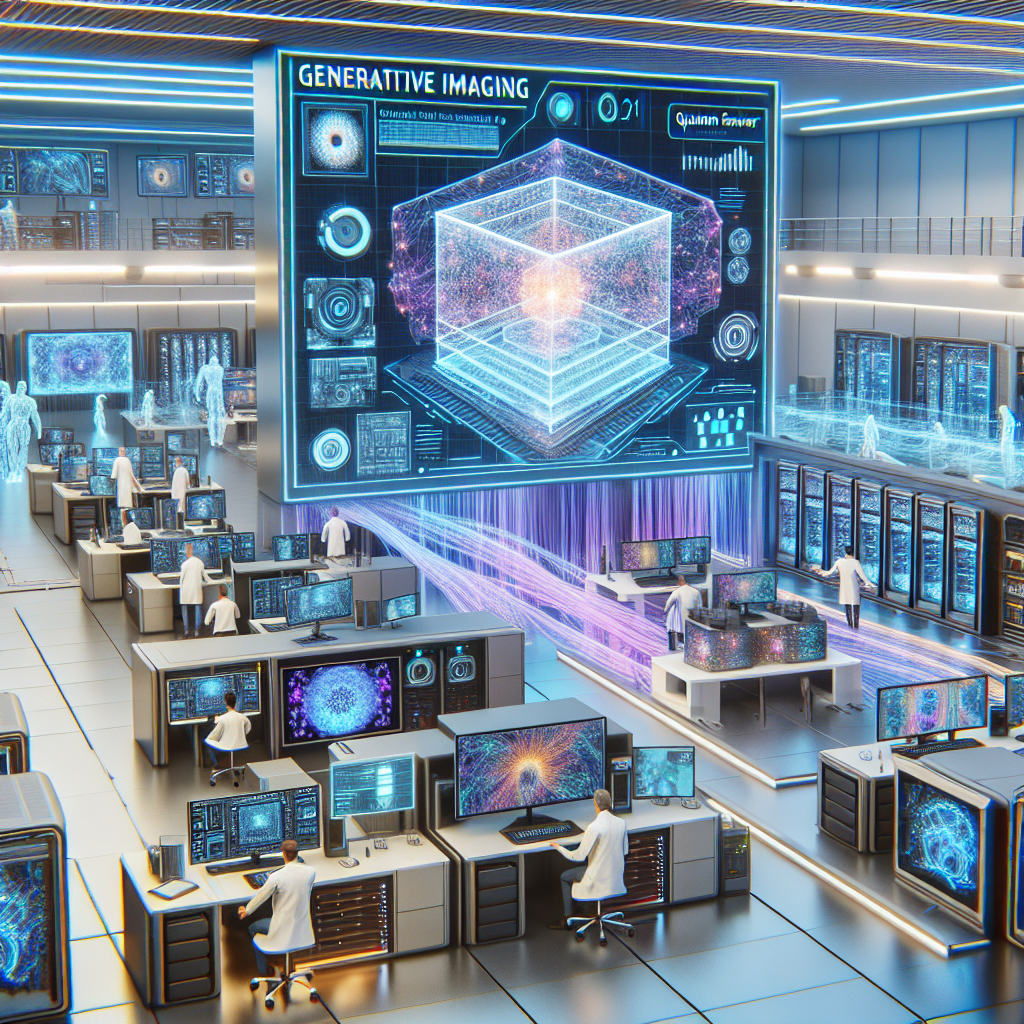Enhancing AI Models with Game Engines
In 1951, Alan Turing once forewarned the world about artificial intelligence’s potential, casting visions of machines that not only think but grow and evolve. Fast forward to today, a remarkable chapter unfolds as AI begins to harness the power of game engines and synthetic data, illustrating the foresightedness of Turing’s early musings.
The Symbiosis of Game Engines and AI
The evolution of AI technology intertwines with digital gaming in ways that are reshaping how models are trained and developed. Game engines, such as Unity and Unreal Engine, are not just platforms for entertainment but powerful tools providing key components to fuel the next wave of AI advancements.
- Simulated Environments: Game engines create lifelike worlds and physics, delivering a rich tapestry of data from which AI can learn and adapt.
- Speed and Efficiency: They allow for rapid prototyping and testing, providing real-time feedback in virtual scenarios that would be impractical or impossible to emulate in the physical world.
The Rise of Synthetic Data
Generating synthetic data using game engines is a cutting-edge method that is gaining traction amongst AI researchers and developers. But what makes it so pivotal?
- Volume and Variety: Game engines facilitate the generation of vast and varied datasets that encompass multiple scenarios, ensuring AI models are robust and diverse.
- Cost-Effectiveness: Synthetic data significantly reduces the costs associated with collecting real-world data, democratizing access for smaller teams with limited resources.
According to a report by NVIDIA, the use of synthetic data can not only fill current data gaps but can also make AI safer and more reliable. For further reading on synthetic data’s impact, check out this insightful article from NVIDIA.
Challenges and Considerations
Despite the innovative strides being made, integrating game engines into AI model training is not without its hurdles.
- Accuracy: While synthetic data provides diversity, it must be carefully calibrated to ensure it mirrors realistic scenarios to avoid skewing outcomes.
- Computational Resources: The expansive environments created by game engines require significant processing power, which can be a constraint for some developers.
The Future Landscape
As AI continues to grow more sophisticated, the amalgamation of game engines and AI training will likely intensify. The benefits of using these advanced tools are manifold, yet their potential is still largely untapped.
- Increased Collaboration: Cross-industry partnerships between gaming companies and AI developers are likely to increase, fostering innovation and efficiency.
- Ethical Considerations: The creation and use of synthetic data also require ethical oversight to ensure fairness and transparency in AI applications.
Alan Turing could only imagine a world where machines harnessed such power to redefine themselves. As we stand on the cusp of new AI revolutions, game engines are undeniably providing the playground for future breakthroughs. The journey has just begun, and the potential to enhance AI models with game engines is truly boundless.

